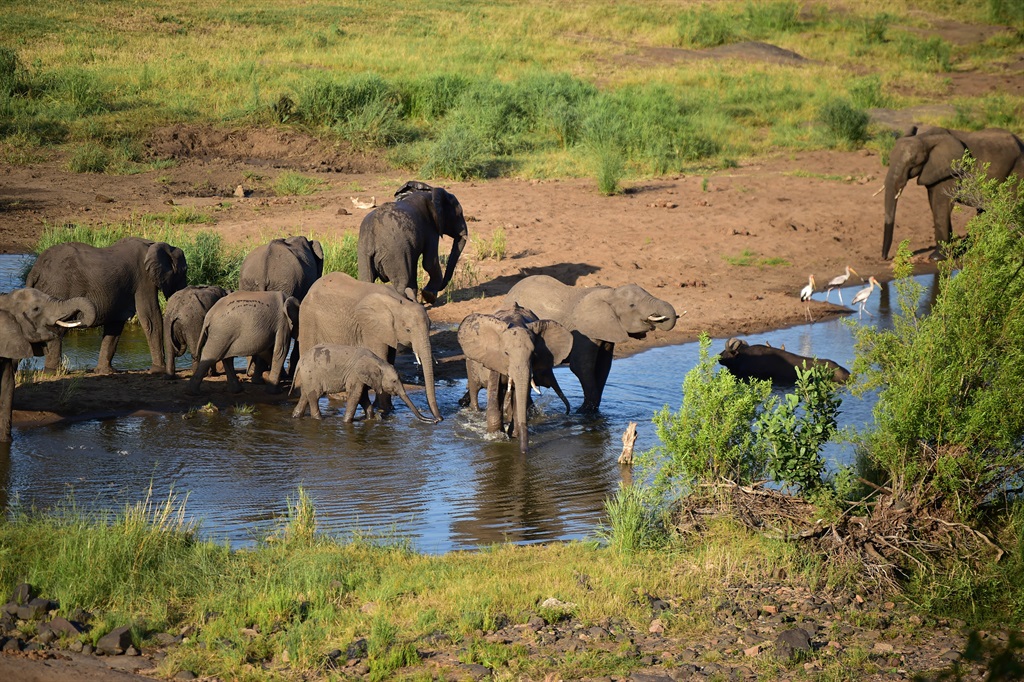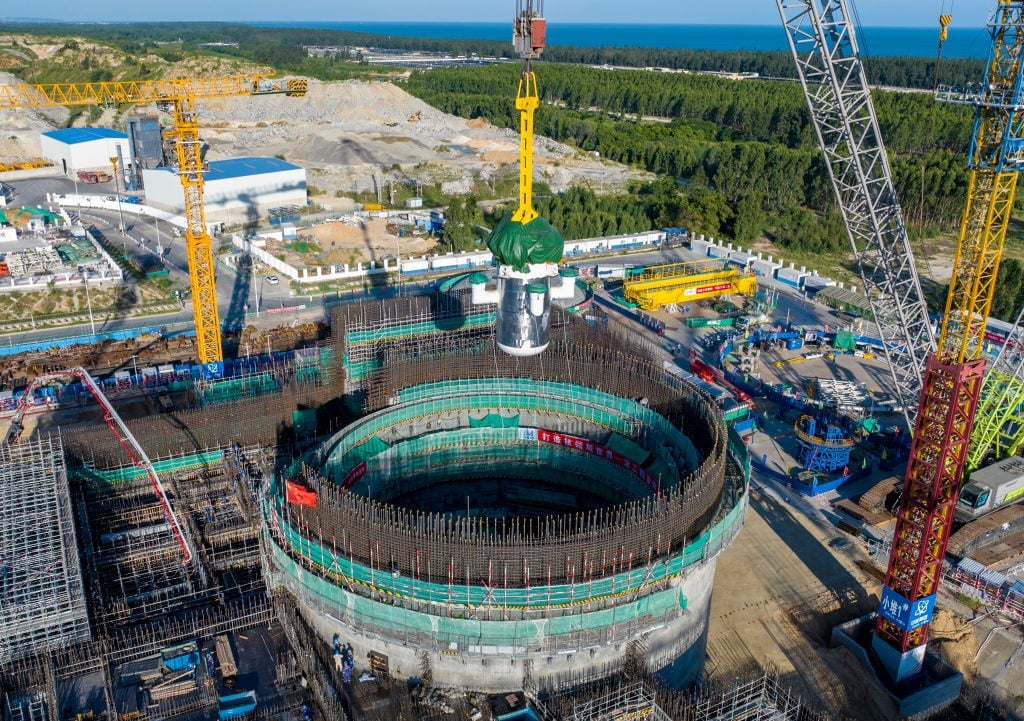- Proteins in tooth enamel offer window into ancient and modern human wellness
- Targeted interventions add five months' progress for students with SEND
- Research proposes theory to model interplay of personal and social beliefs
- Why we tip, and why the impact of eliminating taxes on tips would be minimal
- Immigrants are unsung heroes of global trade and value creation, say economists
Who Won the U.S. Presidential Debate?

Urban heating and cooling to play substantial role in future energy demand under climate change
Existing global energy projections underestimate the impact of climate change on urban heating and cooling systems by roughly 50% by 2099 if greenhouse gas emissions remain high, researchers report. This disparity could profoundly affect critical sustainable energy planning for the future.
Existing studies predominantly concentrate on chemical feedback loops, which are large-scale processes involving complex interactions between energy use, greenhouse gas emissions and the atmosphere. However, a research group led by the University of Illinois Urbana-Champaign focuses on the often-overlooked physical interactions between urban infrastructure and the atmosphere that can contribute to local microclimates and, ultimately, global climate.
A new study led by civil and environmental engineering professor Lei Zhao emphasizes that smaller-scale city-level waste heat from residential and commercial property heating and cooling efforts can lead to big impacts on local climates and energy use. The study findings are published in the journal Nature Climate Change.
"The heat generated from heating and cooling systems is a substantial part of the total heat generated within urban areas," Zhao said. "These systems generate a lot of heat that is released into the atmosphere within cities, making them hotter and further increasing the demand for indoor cooling systems, which feeds even more heat into local climates."
This process is part of what researchers call a positive physical feedback loop between building cooling-system use and the warming of local urban environments. The authors also note that rising temperatures under climate change could potentially decrease energy demand during the colder months, a negative feedback loop that should be considered in any temperature and energy demand projections.

- September 18, 2024
Zimbabwe to cull 200 elephants to feed people left hungry by drought

- September 16, 2024
VRA thermal plants wasting scarce natural gas resource

- September 17, 2024
Firefighters battle wildfires choking Brazilian capital


- September 17, 2024
Optics-based battery diagnostics: Decoding of chemo-mechanical evolution

- September 19, 2024
How Ukraine can rebuild its energy system

- September 20, 2024
Investigating heat transfer for PEM fuel cell cooling channels

- September 17, 2024
Rebuttal to article on ECG’s compliance with the Cash Waterfall Mechanism

- September 19, 2024
Czechs to develop small nuclear reactors with Rolls-Royce

- September 14, 2024
Myanmar’s military chief says foreign aid needed after deadly floods

- September 19, 2024
Study outlines cost-effective paths to eliminating greenhouse gas production
Subscribe to our mailing list to get the new updates!

Subscribe our newsletter to stay updated
Thank you for subscribing!



